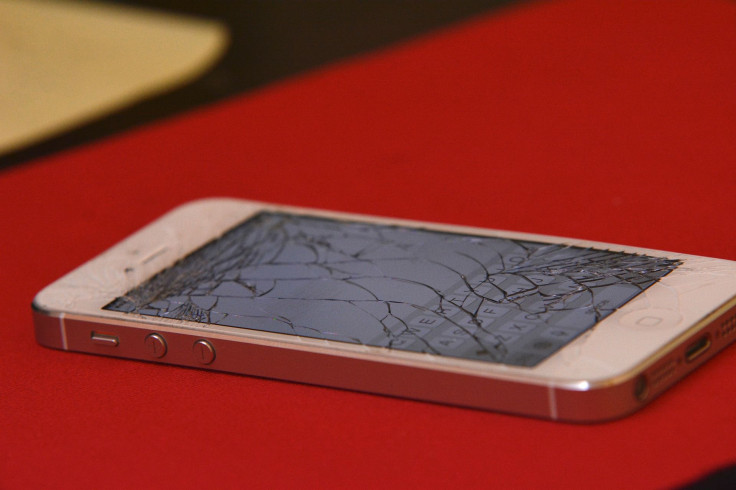Can Your iPhone Be Hacked? Cellebrite Says It Can Crack iPhone 6, 6 Plus Devices

Cellebrite, an Israel-based cybersecurity firm, announced on Thursday it has added the capability to crack a number of locked Apple devices running iOS, including the iPhone 6 and iPhone 6 Plus.
Word of the new ability—which includes the ability to unlock the iPhone 4S, 5, 5C and 5S in addition to the iPhone 6 and 6 Plus—came from Shahar Tal, the director of forensics research for Cellebrite, who announced the breakthrough on Twitter.
“Proud of the team's continuous research achievements almost as much as I'm proud of the true justice we help serve around the world,” he wrote. “Seeing murder cases solved and child molesters jailed drives us and fills our day-to-day with immense cause. I'm thankful.”
Tal also suggested Cellebrite has had the ability to crack iPhones for some time but was just announcing it publicly now. In response to a tweet congratulating Tal and his team on the “new capability,” Tal responded, “Who said anything about ‘new?’”
Cellebrite is able to unlock the devices using its Advanced Investigative Service (CAIS) product, which the company says can be used for “lawful unlocking” of iOS devices for clients in emergency cases.
The company also has the ability to access conversations had inside of a number of encrypted communications apps, including Signal, Telegram, Threema, Surespot, FireChat, Facebook Messenger and WhatsApp—both of which use the Signal encryption protocol from Open Whisper Systems.
Cellebrite reportedly charges clients $1,500 to unlock a single device. It also offers a yearly subscription service that costs $250,000 per year, according to a report from the Intercept last year.
Cellebrite has risen to prominence in recent years as it has started to openly advertise its services to law enforcement and governments around the world.
It is believed that Cellebrite is the company the United States FBI tapped to help unlock the iPhone 5C that belonged to one of the killers involved in the San Bernardino, Calif. shooting in December 2015.
The device was recovered by law enforcement from the shooter, but the FBI was unable to unlock the device. The agency pressed Apple to crack its own encryption to provide access to the device, which Apple refused to do. The FBI was eventually able to access the device thanks to a third party’s help, but little is known about who cracked the device and how they did it.
The FBI has released some documents pertaining to the iPhone unlocking, but many of the files provided by the bureau had information redacted. News organizations have filed suit against the government to force them to release information about the case.
© Copyright IBTimes 2025. All rights reserved.



















